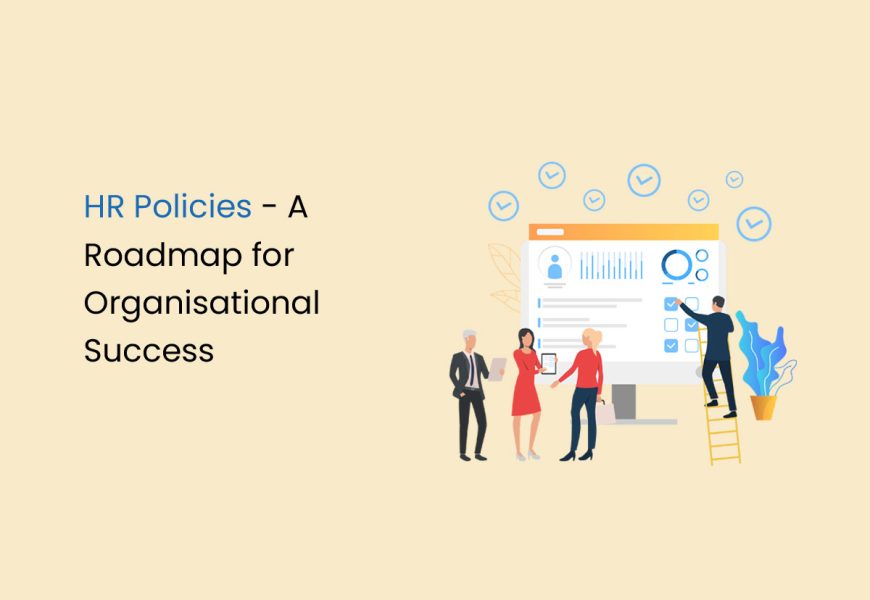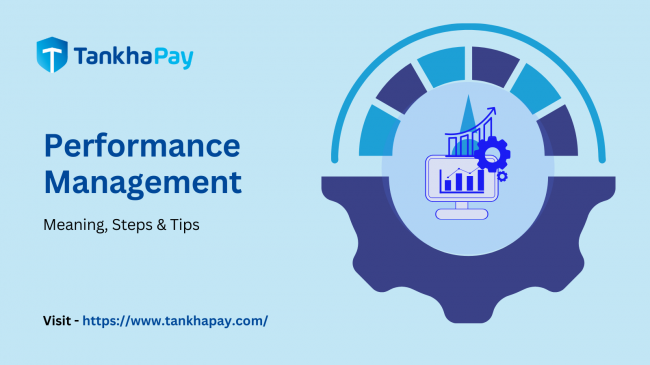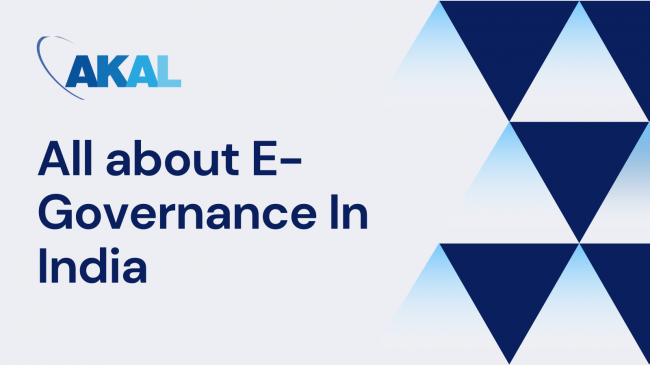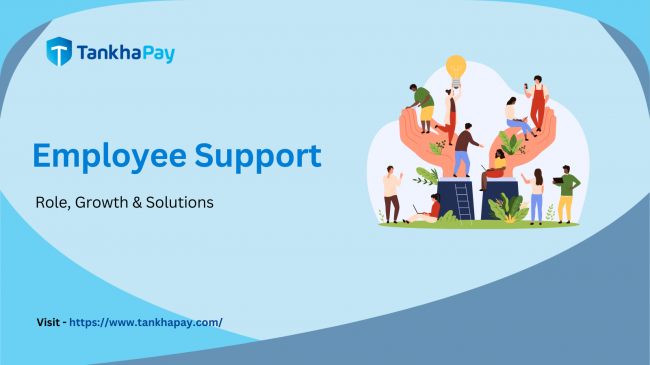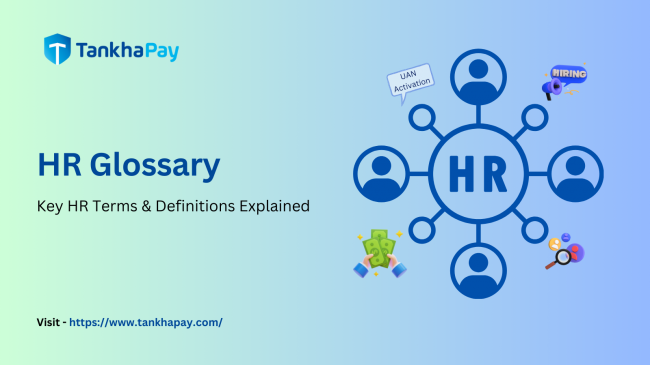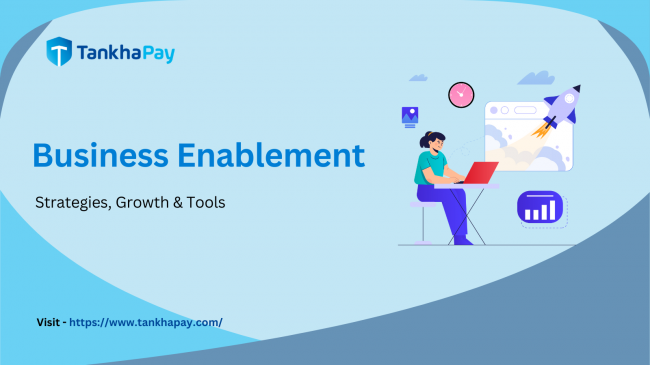In an era marked by fast-paced technological advancement, the world of human resources is shifting on its axis. What used to be a collection of employee handbooks and rules-based policies is now being transformed to include cutting-edge technology in making more brilliant, more responsive workplaces.
The intermingling of technology into HR will not just be the new trend but the new inevitability, as businesses try to survive in a market that is perpetually in motion.
Let's go into how technology can assist in designing HR policies and what organisations can do to stay ahead.
The Digital Transformation of HR Policies
Technological development has dramatically changed how organisations perceive HR management. Using tools such as artificial intelligence (AI), machine learning, and automation, the HR department can create and enhance its policies by making processes agile and employee-friendly.
Streamlining Recruitment: Traditional recruitment processes were full of time-consuming, unconscious biases, but today, AI-driven ATS may scan resumes for possible matches and rank candidates and even conduct preliminary interviews in advance, saving time and keeping the recruitment process unbiased.
Improved Onboarding of Employees: Onboarding has now evolved beyond just filling out forms and attending new employee orientation. Gamified onboarding solutions like Talmundo or digital portals can help employees learn the policies, culture, and expectations of the company in an engaging manner.
Real-Time Policy Communication: Cloud-based HR platforms like BambooHR and Workday provide access to updated policies, leave balances, and compliance documents anytime and anywhere.
This has meant that the ability to digitize and automate these functions results in efficiency for HR departments and more aware employees.
Flexible Work Policies Powered by Tech
The global shift towards remote and hybrid work has redefined what employees expect from workplace policies. Flexibility has become a non-negotiable demand, and technology is at the heart of enabling it.
Virtual Collaboration Tools: Platforms like Slack, Zoom, and Microsoft Teams have revolutionised how teams communicate and collaborate. This has made it easier for teams to collaborate and communicate.
Time-Tracking Software: To track work hours and project work without much disturbance, remote management tools include Toggl, Clockify, and Asana that help manage remote work efficiently.
Cloud Security Measures: With the advent of remote work, cybersecurity is considered one of the significant components of an HR policy. Cloud security, VPN, and employees are also trained for cyber hygiene practices in innovative organisations.
These policies meet not only the demands of a digitally enabled workforce but also power employees to perform at their best from anywhere.
Leveraging Data for Policy Optimisation
Data has emerged as the new currency of HR management. Advanced analytics tools enable organisations to formulate policies based on actionable insights rather than assumptions.
Employee Engagement Metrics: Regular pulse surveys and sentiment analysis through Qualtrics or Officevibe helps get a pulse of employees about their satisfaction levels, hence the areas for improvement.
Attrition Forecasting: HR departments will be able to identify attrition trends and implement policies to address the root causes, such as a lack of career advancement or a workload imbalance.
Diversity and Inclusion Insights: Data-driven insights help firms to assess diversity data, monitor inclusion programs, and ensure local compliance.
Helping the HR teams leverage the power of data enables them to be more proactive, and their policies are closely aligned with the needs of the workers.
Personalized Benefits and Wellness Policies
The one-size-fits-all policy is no more. Employees now expect benefits that are customised to their needs, and technology has made this possible.
Health and Wellness Apps: Companies are increasingly partnering with platforms like Headspace and Fitbit to offer mental and physical wellness programs that employees can access anytime.
Virtual Therapy Sessions: With the rising importance on mental health, organisations are providing therapy benefits through services such as BetterHelp or Talkspace to be included in their policies.
Customized Learning Paths: Learning and development are always considered an essential aspect of fulfilling employees' satisfaction. Platforms such as LinkedIn Learning and Coursera allow employees to get their own personalized career paths in life.
These technology-enabled policies help enhance morale and create loyalty among employees.
The Role of AI in Strategic Decision Making
Artificial intelligence does more than automate repetitive tasks. It also facilitates HR leaders' strategic choices, such as performance and workforce planning.
Performance Management: AI in performance management allows the analysis of employee performance metrics, unbiased feedback, and even mitigates development suggestions.
Recruitment Intelligence: AI algorithms will predict the level of success based on skills, experience, and behavioral assessment of candidates.
Employee Retention Strategies: These AI tools, such as IBM's Watson, can actually analyze data and suggest changes that would improve retention rates.
While AI is a powerful ally, businesses must ensure that it is used in a transparent and fair manner, especially when it affects choices regarding promotions, salary, or termination.
Challenges in Tech-Driven HR Policies
Although technology provides tremendous benefits, implementing it into HR policies presents distinct obstacles.
Privacy: With increasing surveillance tools and data collection, employees are becoming wary. The policies must clearly state how data is collected, stored, and used to gain trust.
Digital Fatigue: Employees may get exhausted with an overreliance on digital tools. The policies must encourage regular breaks, avoid after-hours communication, and maintain work-life balance.
Bias in AI Systems: AI is only as unbiased as the data it's trained on. Regular audits and ethical guidelines are essential to prevent discriminatory practices.
Overcoming these problems requires a thoughtful approach that balances the benefits of technology with human needs.
The Future of HR Policies in a Tech-Driven World
The future of HR is located where technology and empathy collide. New innovations such as blockchain, virtual reality, and AI-driven analytics will reposition workplace policies further along this trajectory:
Blockchain for Secure Records: Blockchain can be used to revolutionise the record-keeping practice with employee data being tamper-proof and easily verifiable.
VR for Training and Development: Virtual reality can be used to develop very engaging training programs, ranging from safety drills to leadership workshops.
AI-Powered Chatbots: AI chatbots, such as ChatGPT, can respond to most routine HR queries, such as leave applications and policy clarifications, so that HR teams can focus on more strategic work.
To embrace these technologies, organisations must remain agile and willing to experiment.
Conclusion
Organisations can use digital tools to give more personalized experiences, increase engagement, and build stronger teams. The ability to understand and support people will always be at the heart of human resources. At its heart, however, HR will always be about the capacity to understand and support people. In other words, injecting technology into HR policies is not just about efficiency but also embracing adaptive, inclusive, and future-ready workplaces.
HR policy has to change with evolving technology. Innovation and humanity must be brought in a proper balance wherein every policy says not just organisational goals, but the dreams of people are also satisfied. The era of this technological age, so one will come up as good at workplaces wherein they will give scope to people with the touch of the technology that's empowering human spirits rather than replacing it.
Let's embrace the future of HR, one policy at a time.

